Table of Content
Optimizing your online presence and SEO performance requires a clear understanding of branded vs non-branded keywords. These two types of keywords play crucial roles in shaping your digital marketing and SEO optimization strategy, and both can significantly impact your business’s search engine performance when used effectively. Branded keywords are those associated directly with your business name, products, or services, helping to strengthen your company’s identity and attract users already familiar with your brand. Non-branded keywords, on the other hand, focus on general terms that potential customers might search for when looking for solutions or products similar to what you offer, allowing you to reach a broader audience and improve your visibility in organic search results.
Tools like SEMrush simplify keyword analysis, offering insights to optimize performance and boost your reach. By balancing branded and non-branded keywords, you can improve search engine visibility, attract the right audience, and drive conversions. This post explores the differences, benefits, and strategies for using both keyword types effectively to maximize your digital marketing success. Mastering keyword strategy is key to building brand loyalty and growing your customer base.
What Are Branded Keywords?
Branded keywords are search terms that include a specific brand name or its variations. For example, if you search for “Nike shoes,” “Coca-Cola beverages,” or “Apple iPhone,” you’re using branded keywords. These keywords signal a user’s intent to find a particular brand, often indicating a high level of brand awareness. Users who search with branded keywords usually have an existing interest or loyalty toward that brand, making them more likely to convert. Additionally, focusing on branded keywords is an essential part of SEO optimization, helping businesses protect their brand presence online and improve their visibility in organic search results. Ensuring they appear prominently in related searches.
for “Nike shoes,” “Coca-Cola beverages,” or “Apple iPhone,” you’re using branded keywords. These keywords signal a user’s intent to find a particular brand, often indicating a high level of brand awareness. Users who search with branded keywords usually have an existing interest or loyalty toward that brand, making them more likely to convert. Additionally, focusing on branded keywords is an essential part of SEO optimization, helping businesses protect their brand presence online and improve their visibility in organic search results. Ensuring they appear prominently in related searches.
Understanding how branded and non-branded keywords complement each other is crucial for creating a balanced keyword strategy that successfully targets various stages of the customer journey.
Why Branded Keywords Are Key to Your Marketing Strategy
- Boost Conversion Rates: Branded keywords attract users who are already familiar with your brand and further along in the buying journey. These users are more likely to convert, making branded keyword targeting a smart strategy for increasing sales.
- Build Brand Loyalty: Focusing on branded keyword optimization strengthens your connection with customers. People searching for your brand already have trust in your business, increasing the chances they’ll choose your product or service over competitors.
- Increase Trust and Visibility: Ranking high for branded keywords enhances your online credibility. When users see your brand at the top of search results, they’re more likely to trust and click on your link, boosting both visibility and engagement.
Prioritize branded keywords in your SEO strategy to drive conversions, strengthen loyalty, and build trust in your brand. A strong keyword strategy ensures your brand stands out and reaches the right audience effectively.
What Are Non-Branded Keywords?
Non-branded keywords are search terms that don’t include any specific brand names. These keywords are broader and often relate to general products or services, such as “running shoes,” “soft drinks,” or “smartphones.” Unlike branded keywords, which directly mention a brand like “Nike” or “Coca-Cola,” non-branded keywords cater to users who are gathering information and exploring various options.
Users searching with non-branded keywords are generally in the research stage of their buying journey, considering multiple options before making a decision. This makes non-branded keywords crucial for attracting potential customers who are still undecided and open to discovering new brands and products. Optimizing for non-branded keywords is a key SEO strategy, helping your content rank higher in search results and increasing visibility to a wider audience searching for related products or services.
Why Non-Branded Keywords Are Important for Your Marketing Strategy
- Increase Website Traffic: Non-branded keywords are broad search terms that attract higher search volumes, driving more visitors to your website. By targeting these keywords, you can reach a wider audience searching for your products or services.
- Reach New Customers: Using non-branded keywords helps connect with potential customers who may not know your brand yet but are actively looking for what you offer. This expands your audience and builds awareness.
- Lower Advertising Costs: Non-branded keywords in PPC campaigns often have a lower cost per click (CPC), especially in less competitive niches. This makes them a cost-effective strategy for boosting visibility and ROI.
By incorporating non-branded keywords into your SEO and PPC strategies, you can attract more traffic, improve organic search results, discover new customers, and save on marketing costs.
Key Differences Between Branded and Non-Branded Keywords
Feature | Branded Keywords | Non-Branded Keywords |
Definition | Include specific brand names | Do not reference any brand |
Search Intent | High purchase intent | Research or comparison intent |
Conversion Rates | Typically higher | Generally lower |
Target Audience | Existing customers | Potential new customers |
Traffic Volume | Generally lower | Higher volume |
CPC in PPC | Typically lower | Often higher |
Mastering the Art of Using Branded vs Non-Branded Keywords in Your Strategy
- Conduct Comprehensive Keyword Research:
Start by identifying both branded and non-branded keywords that align with your industry, products, and services. A strong keyword strategy is essential for driving traffic and improving visibility. Use tools like Google Keyword Planner, Ahrefs, or SEMrush to uncover high-traffic keywords while also analyzing competition levels and seasonal trends. Pay special attention to long-tail keywords, as they can drive more targeted traffic. A robust keyword list is the foundation of a successful strategy.
- Achieving Strategic Balance:
To maximize your reach, it’s essential to strike a balance between branded and non-branded keywords. For instance, use non-branded keywords like “best running shoes” or “affordable athletic gear” in blog posts, articles, and general content marketing. On the other hand, focus on branded terms like “Nike running shoes” or “[Your Brand] shoe reviews” on landing pages, product descriptions, and promotional materials. This dual approach helps capture both general audiences and those already familiar with your brand.
- Segment PPC Campaigns:
In your paid search campaigns, create separate ad groups for branded and non-branded keywords. This segmentation allows you to measure performance more clearly and set distinct goals for each campaign. Branded campaigns often have higher conversion rates since users are already searching for your business, while non-branded campaigns can attract new customers who are exploring their options. By keeping them separate, you’ll gain better insights into ROI and optimize budgets accordingly.
- SEO Optimization:
Ensure that your website is optimized for both branded and non-branded keywords to boost organic rankings. Use branded terms in meta tags, titles, and product pages to strengthen your brand identity. For non-branded keywords, incorporate them into blog content, FAQs, and alt text for images. Build high-authority backlinks and internal links to enhance visibility and credibility, ensuring your site ranks well for a variety of relevant search terms.
- Monitor and Analyze Performance:
Consistently track the performance of your keywords using analytics tools like Google Analytics, Search Console, or SEMrush. Monitor key metrics such as click-through rates (CTR), conversion rates, and overall traffic. Analyze how each keyword type performs in driving both traffic and sales. This data will help you refine your strategy over time, doubling down on high-performing keywords and adjusting for underperforming ones. Regular performance reviews ensure your strategy remains effective and aligned with your business goals.
By carefully balancing branded and non-branded keywords in your strategy, segmenting campaigns, and continuously monitoring performance, you’ll create a cohesive and effective approach to drive traffic, boost rankings, and achieve better conversions.
Branded vs. Non-Branded Keywords: Understanding Their Impact
- Visibility: Non-Branded Keywords Expand Your Reach

Non-branded keywords typically attract higher search volumes, connecting with broader audiences. For instance, “running shoes” is searched far more often than “Nike running shoes,” making non-branded terms a powerful tool for increasing brand awareness and exposure.
- Competition: Branded Keywords Offer Market Control
Branded keywords face less competition since they are exclusive to your company. However, competitors may still target these terms through paid ads, requiring vigilance to maintain your niche dominance.
- Cost-Efficiency: Branded Keywords Are Budget-Friendly
With reduced competition, branded keywords generally come with a lower Cost Per Click (CPC), making them a cost-effective option for businesses aiming to optimize their ad spend. For example, the CPC for “Rankonix SEO services” is likely cheaper than for broader terms like “affordable SEO services.”
- Conversions: Branded Keywords Drive Results
Branded keywords often deliver higher conversion rates. Users searching for branded terms are usually closer to making a purchase, having already engaged with or trusted your brand. While branded keywords serve as critical touchpoints for closing sales, non-branded queries play a pivotal role in initiating the customer journey.
Balancing Branded vs Non-Branded Keywords in Your SEO Strategy
- Optimize Branded Keywords for Organic Search
Focus on achieving high organic rankings on your homepage and key pages with branded keywords to attract users with high purchase intent. Ensure your website appears prominently when searching for terms like “Rankonix SEO reviews.”
- Grow with Non-Branded Keywords for SEO
Once your branded keyword rankings are secured, pivot towards optimizing non-branded keywords to drive sustainable growth. Ranking for search terms like “best digital marketing agency” attracts new users without the need for constant ad spend.
- Boost Visibility with Non-Branded PPC Campaigns
For new brands or highly competitive keywords, non-branded PPC campaigns can enhance brand awareness while working on organic rankings. Target searchers looking for services like “local SEO agency.”
- Enhance Non-Branded Campaigns with RLSA
Use Remarketing Lists for Search Ads (RLSA) to retarget previous website visitors, increasing the effectiveness of non-branded ads by reaching users who are already familiar with your brand, thus improving conversion rates.
The Importance of Branded vs Non-Branded Keywords in Digital Marketing
A well-rounded digital marketing strategy integrates both branded and non-branded keywords into a comprehensive keyword strategy to engage users at every stage of their journey. Each plays a unique role in driving traffic, conversions, and brand growth. Here’s a breakdown:
- Branded keywords are terms that include your company name, product names, or other brand-specific phrases. These are cost-effective and tend to have higher conversion rates because they attract users who are already familiar with your business and are further along in the buying process. For instance, searches like “XYZ Shoes review” or “XYZ Shoes discount code” often signal a high purchasing intent, making them invaluable for closing sales.
- Non-branded keywords are more generic terms that don’t specifically mention your brand but describe your products or services. These keywords are essential for expanding your reach, attracting new visitors, and improving visibility in search results. For example, terms like “comfortable running shoes” or “best shoes for jogging” help introduce your brand to a broader audience, many of whom may be unfamiliar with your business.
Both types of keywords are crucial for a balanced SEO approach and should work together to support your goals. Branded keywords focus on capturing high-intent customers, while non-branded terms help you build awareness and grow your audience. By aligning these strategies, you can maximize conversions, strengthen your brand presence, and ensure you’re visible to the right audience at every stage of their journey.
Why Target Both Branded vs Non-Branded Keywords?
How to Maximize Online Visibility
- Focus on Branded Keywords
- SEO: Improve search rankings by optimizing your blog posts, product pages, and service pages with branded keywords. This helps you control your brand’s message and makes it easier for customers to find you online.
- PPC: Run targeted ads for branded keywords to secure top positions in search results and prevent competitors from stealing high-intent traffic.
- Target Non-Branded Keywords
- SEO: Drive more traffic to your website by creating content around general search queries or educational topics. This attracts new audiences who are searching for relevant solutions.
- PPC: Use pay-per-click ads to reach potential customers during the awareness stage, introducing them to your products and services.
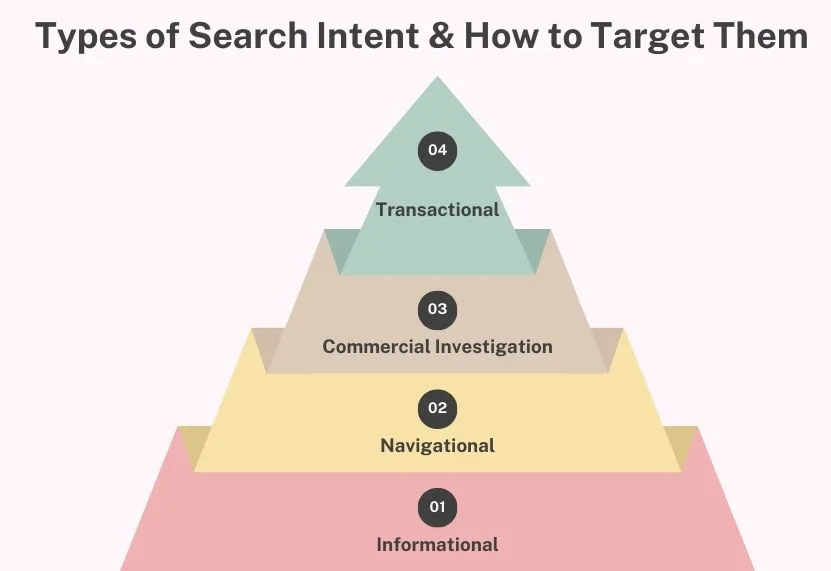
Meeting Search Intent
Search intent plays a critical role in driving keyword relevance, shaping content strategy, and improving organic search results. By understanding search intent, businesses can enhance their SEO optimization and craft a keyword strategy that meets user needs effectively. Identifying the different types of search intent allows you to create targeted content that aligns with your audience’s expectations and boosts visibility in organic search rankings.
- Informational: These broad queries (e.g., “What is 5G technology in smartphones?”) are used by people looking to learn or gather information. They often align with non-branded keywords and are perfect for content like blog posts, guides, and FAQs that aim to educate and inform.
- Navigational: Specific searches (e.g., “iPhone 15 Pro specs”) are performed by users who already know what they’re looking for and are trying to navigate to a particular site or resource. These searches typically favor branded keywords and are essential for ensuring your audience finds your official content or website.
- Commercial Investigation: Queries like “best smartphones for gaming” are made by people researching their options before making a purchase. These searches often combine both branded and non-branded keywords, making them a great opportunity for product comparisons, reviews, or top-10 lists that help users make an informed decision.
- Transactional: High-intent searches (e.g., “Buy iPhone 15 Pro”) are made by users ready to make a purchase or take a specific action. These queries prioritize branded terms and are crucial for product pages, landing pages, and campaigns designed to drive conversions.
By tailoring your content to these different types of search intent, you can create more effective strategies that meet users where they are in their journey, from seeking information to making a purchase.
Enhance Your SEO Strategy Now

Developing a successful online strategy involves the strategic use of both branded and non-branded keywords in your SEO optimization efforts. A strong keyword strategy is essential to ensure your content reaches the right audience and drives results. At Rankonix, we offer personalized SEO optimization plans to boost your online presence, drive conversions, and bring in new customers. Contact Rankonix today to develop your custom strategy!
Conclusion
Understanding the differences between branded and non-branded keywords is key to building a powerful digital marketing strategy. Branded keywords directly reference your business, such as your company name or specific product names, and are great for targeting individuals already familiar with your brand. Non-branded keywords, on the other hand, focus on more general terms or phrases that potential customers may use when searching for products or services in your industry.
Using both types of keywords strategically increases your online visibility, organic search results, engages a wide audience, and boosts conversion rates. Branded keywords help reinforce brand loyalty and attract repeat customers, while non-branded keywords broaden your reach and bring in new leads who may not yet know about your business. Whether you’re focusing on SEO optimization, launching PPC campaigns, or creating content, striking the right balance between branded and non-branded keywords is essential to maximize your results and reach your goals.
By implementing these strategies, you set the stage for long-term digital marketing success. Remember, your keyword strategy should evolve over time, reflecting changes in customer behavior, trends, and your overall business goals. If you have questions or need further help refining your keyword strategy, feel free to reach out—we’re here to help you succeed!
FAQs
What is the primary difference between branded and non-branded keywords?
Branded keywords include your company’s name or unique product identifiers, while non-branded keywords are generic terms that describe your product or service without mentioning your brand directly.
How can branded keywords benefit my business financially?
Since branded keywords typically have less competition, they often come with a lower Cost Per Click (CPC) in paid advertising, resulting in cost-effective ad campaigns that attract high-intent customers.
Why should I focus on non-branded keywords if they have higher competition?
Non-branded keywords help reach a broader audience and are crucial for increasing brand awareness and attracting new customers. They often have higher search volumes and can drive significant organic search results and traffic.
Can I use the same strategy for both SEO and PPC when it comes to keywords?
While there is overlap, SEO and PPC require tailored approaches. In SEO, the focus is on optimizing for high-ranking organic search results, while PPC involves strategically bidding on keywords to maximize the effectiveness of your ads.

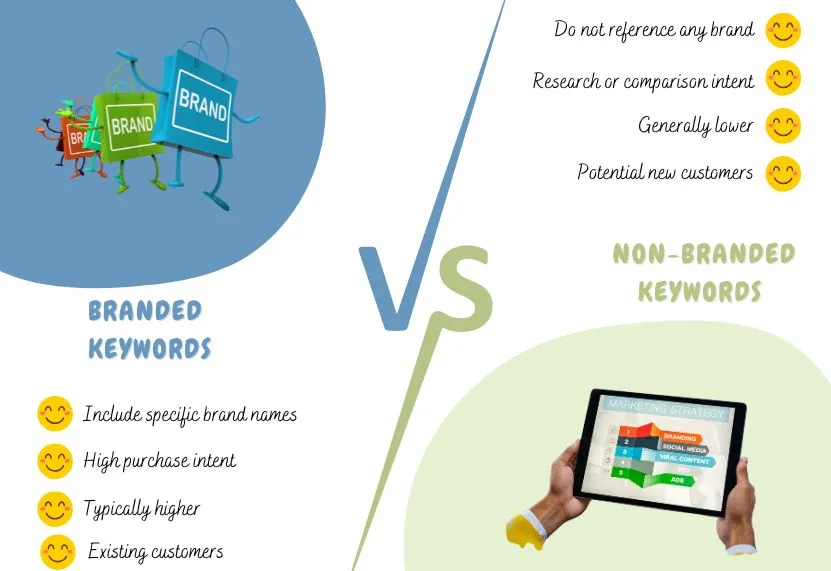
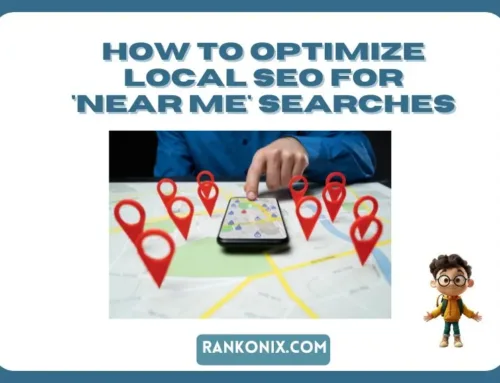

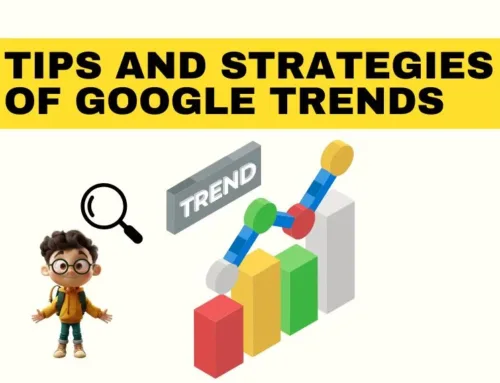

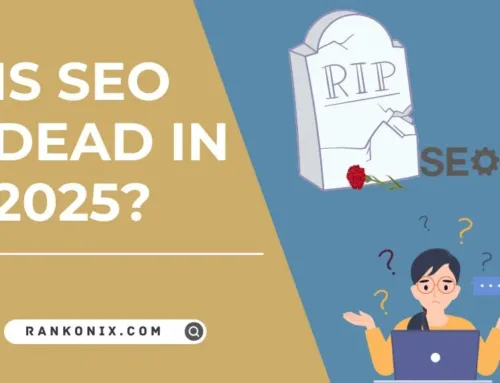

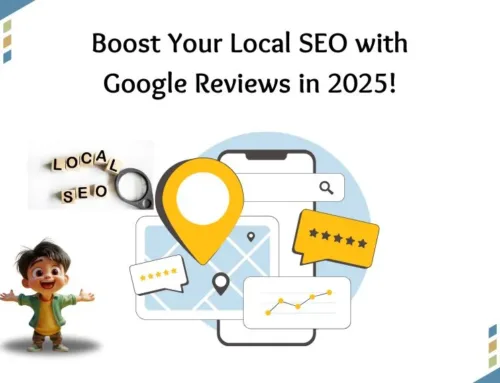
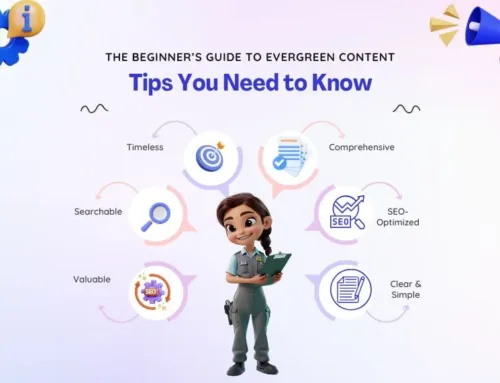
[…] strategy. They provide valuable insights, tips, and opinions on topics your audience cares about. By targeting high-traffic keywords and answering common questions, blog posts can attract readers, boost your site traffic, and […]
[…] Keywords: Include phrases like Google My Business posts, optimize Google My Business, or free business […]
[…] in San Diego.” By enhancing its Google My Business profile with accurate details, adding location-specific keywords to its website, and actively encouraging happy customers to leave reviews, the bakery claimed the […]
[…] answers perform better in search results. Focus on giving practical, valuable information rather than promoting specific services or […]
[…] this guide, we’ll break down the different types of keyword search intent in simple terms. You’ll learn how to use them to attract the right audience, […]
[…] In the fast-paced world of digital marketing, keywords are essential. They guide potential customers to your content and play a key role in SEO success. Whether you’re a digital marketer, SEO expert, blogger, or entrepreneur, keyword research is the backbone of a strong online presence. Using the best tools for SEO keyword research can help you understand what your audience is searching for. Without this insight, even the best content can get lost in the vast internet. […]